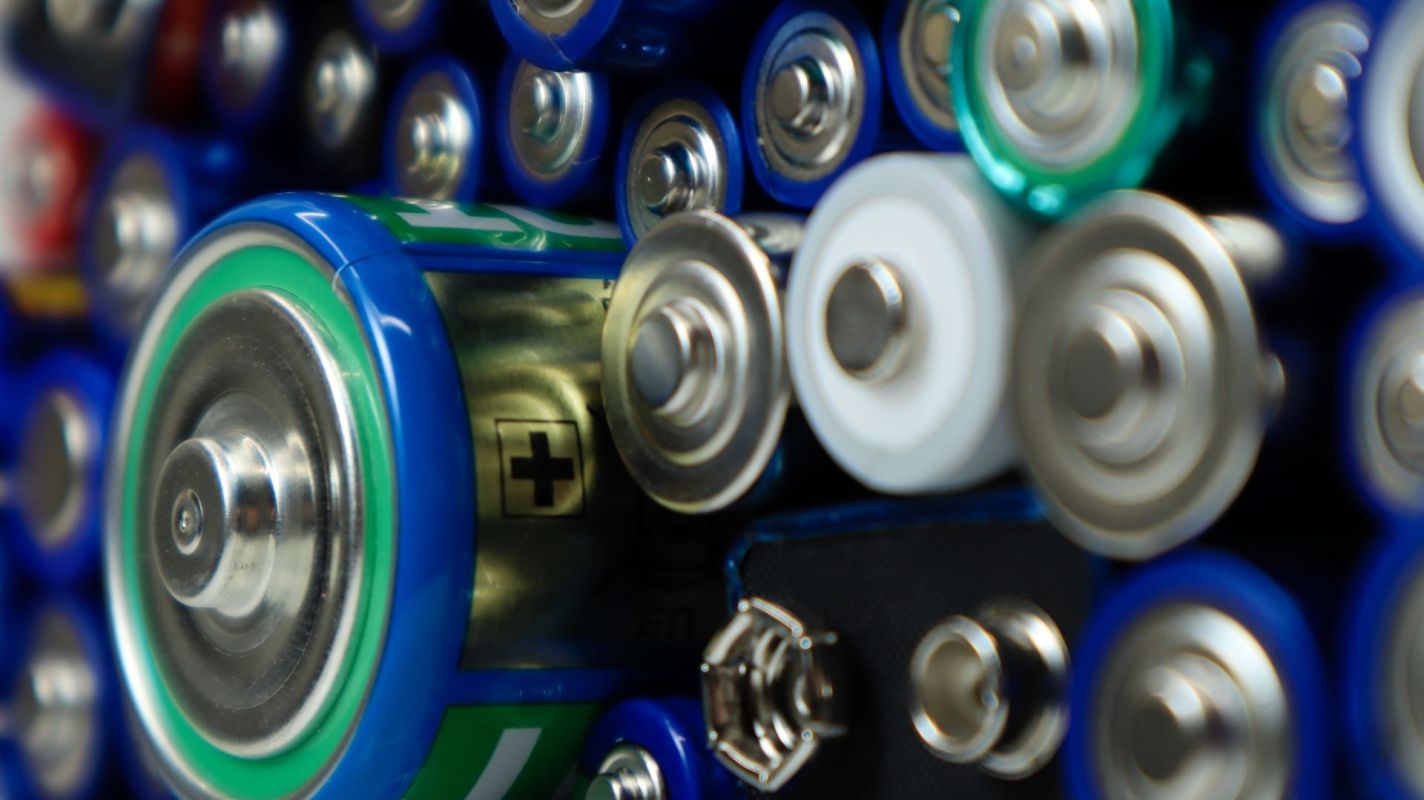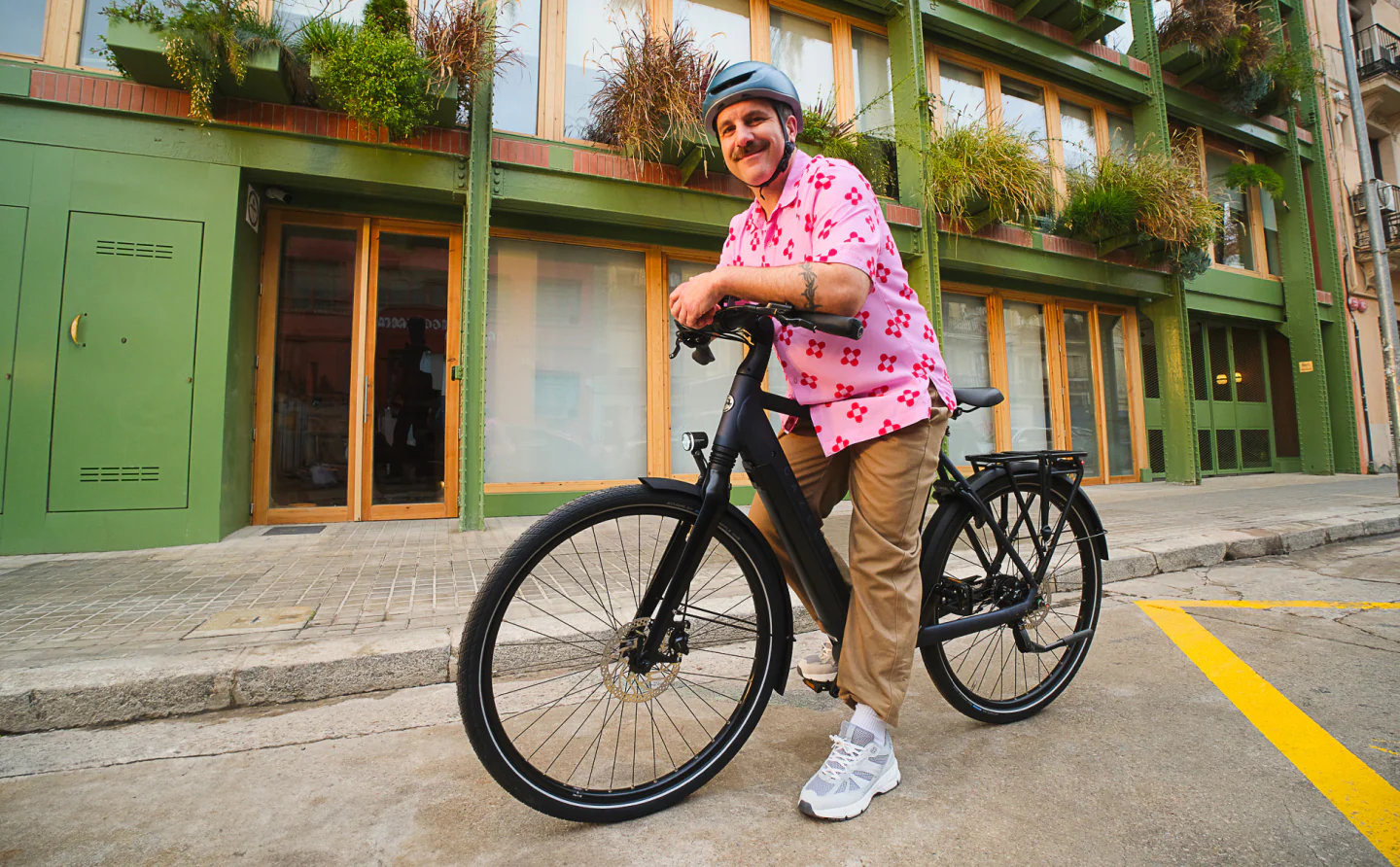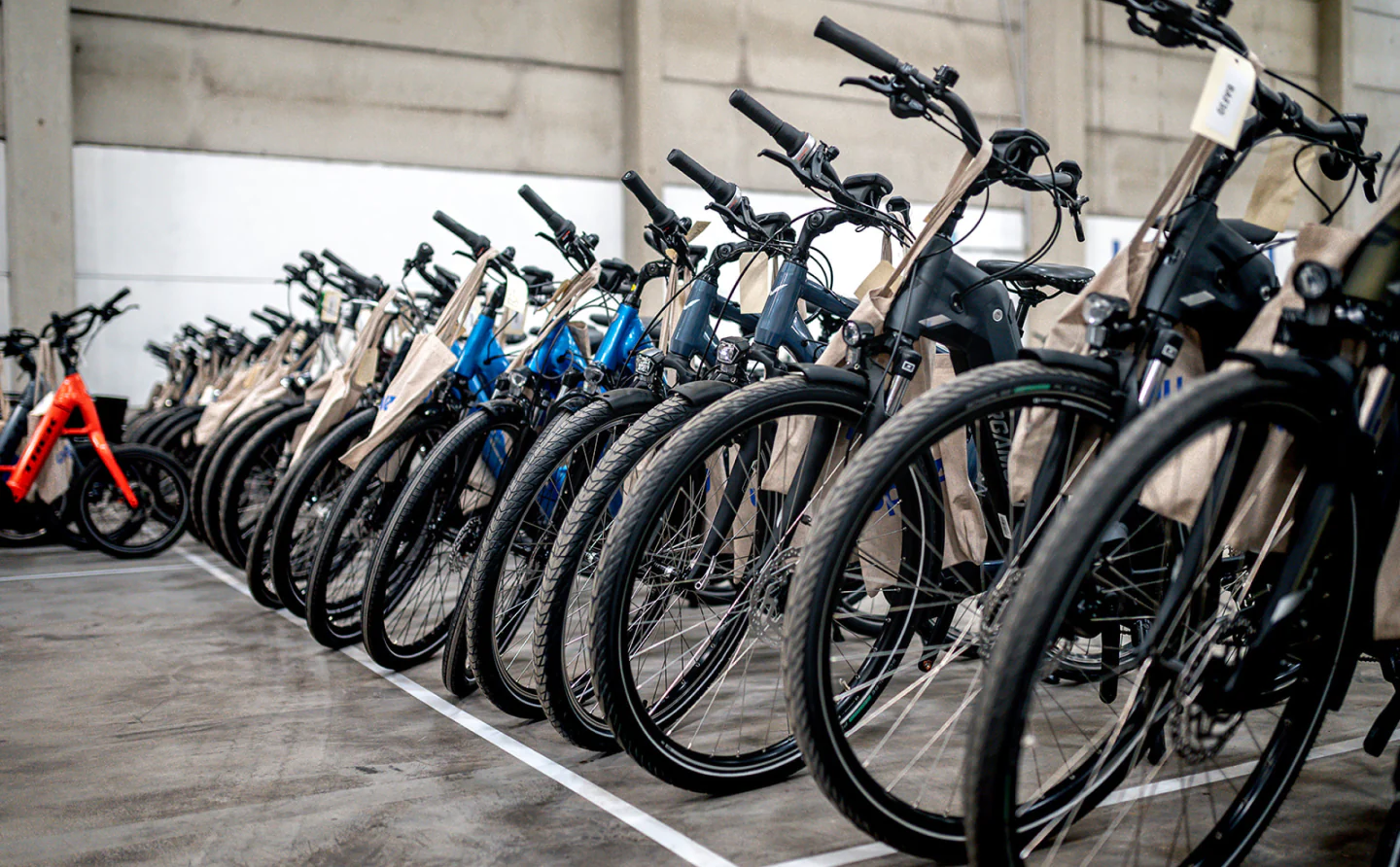Lithium-ion batteries have come a long way in recent years but often fail to reach the energy density needed for long-haul travel. This March, Chinese researchers revealed a technical development for lithium batteries that may allow the batteries to be used for long-distance driving — and potentially even for aviation.
The researchers have designed a rechargeable pouch-type lithium battery with a "gravimetric energy density" of 711.3 watt-hours per kilogram (Wh/kg). This essentially suggests that the batteries can cover a greater distance between charges and could help where weight matters (as for aviation), CleanTechnica notes. In comparison, current practical lithium-ion batteries only have a capacity of around 300 Wh/kg.
This development was the result of the researchers' efforts to increase the active components in the battery, as well as technologies like "high-loading electrode preparation and lean electrolyte injection," according to the research abstract. No need to Google all of that — basically, it means they're trying to make more efficient batteries.
Despite this technological advancement for lithium batteries, there are still numerous limitations that research will still have to overcome before the batteries can compete with current commercial batteries.
Most notably, batteries with higher energy density — which can go longer distances with less frequent charging — will be significantly more expensive than less advanced batteries until the technology becomes more widespread, as CleanTechnica notes.
In addition, the Chinese researchers' model has only been replicated in a laboratory, so more practical testing will need to be done before it is released to the consumer market — and in items like cars and airplanes.
Long-range lithium-ion batteries have an enormous potential to power the transportation sector and reduce subsequent emissions. According to the Congressional Budget Office (CBO), the transportation sector has the highest carbon dioxide pollution rate of any domestic energy sector, with 83% of carbon dioxide pollution coming from passenger vehicles and trucks.
The release of EV products (which do not produce carbon dioxide at the tailpipe) to the commercial market, combined with tighter fuel economy standards and emission regulations, are estimated to decrease carbon dioxide pollution by 9% between 2021 and 2032, per the CBO.
Additionally, the increased availability of long-range lithium-ion batteries may convince more consumers and commercial entities to purchase EVs, in turn further driving down the carbon dioxide released from the transportation sector within the coming decades.
Join our free newsletter for weekly updates on the coolest innovations improving our lives and saving our planet.
TCD Picks » Upway Spotlight















